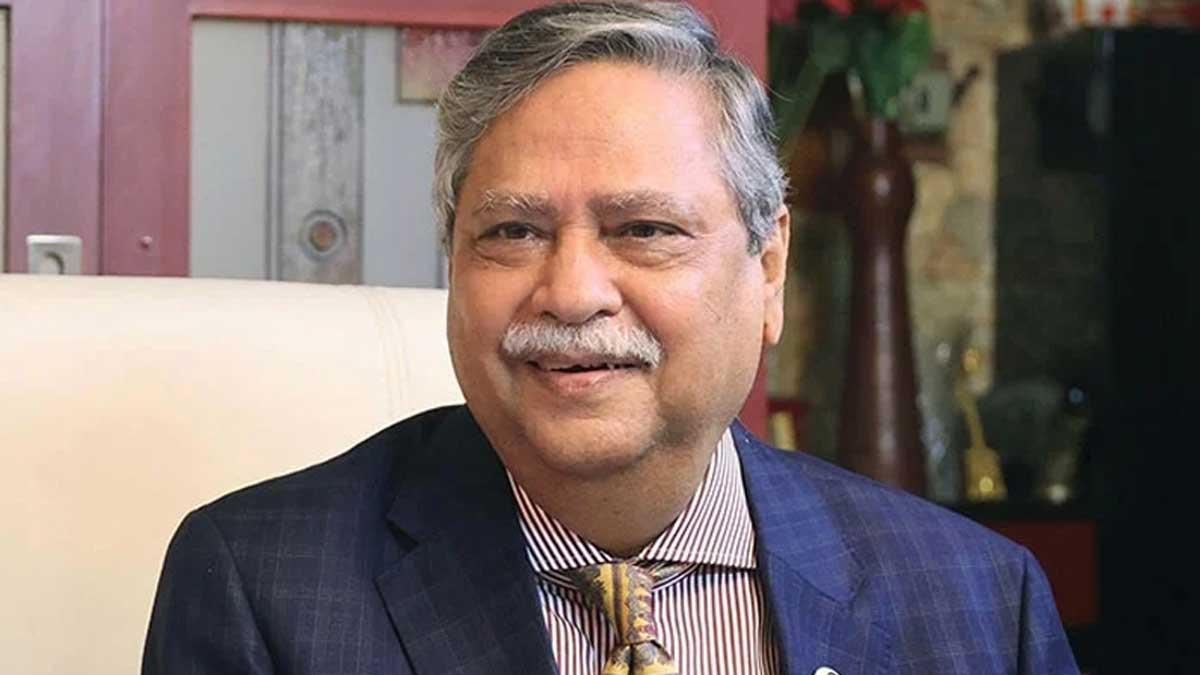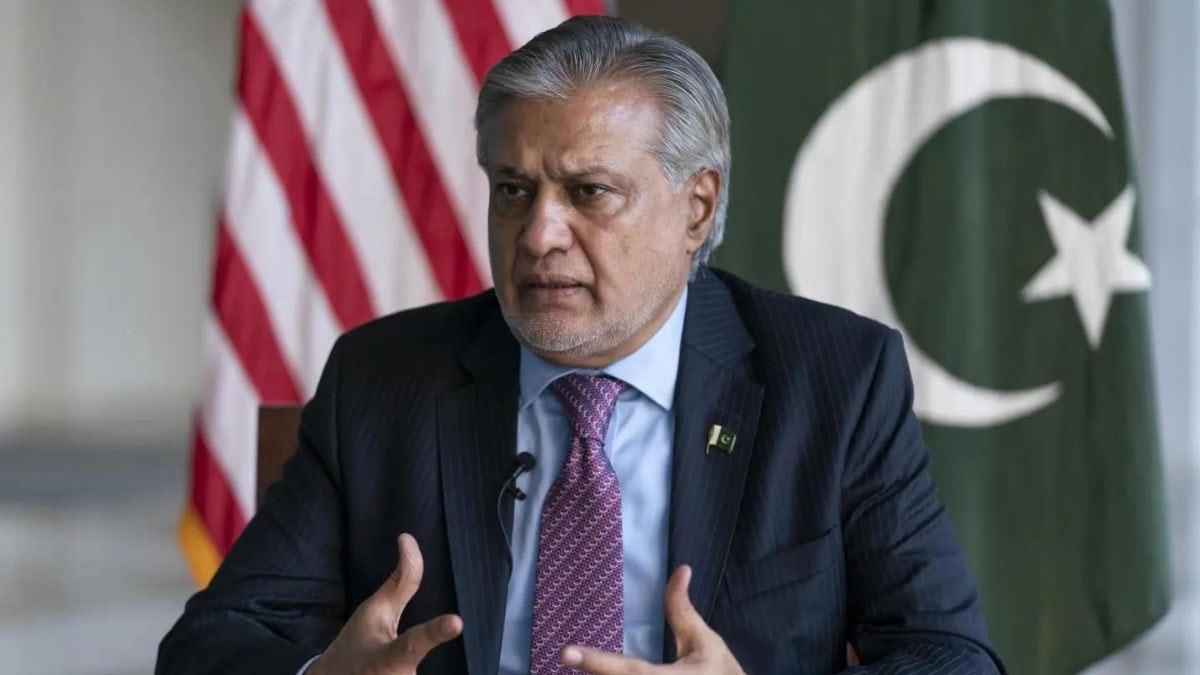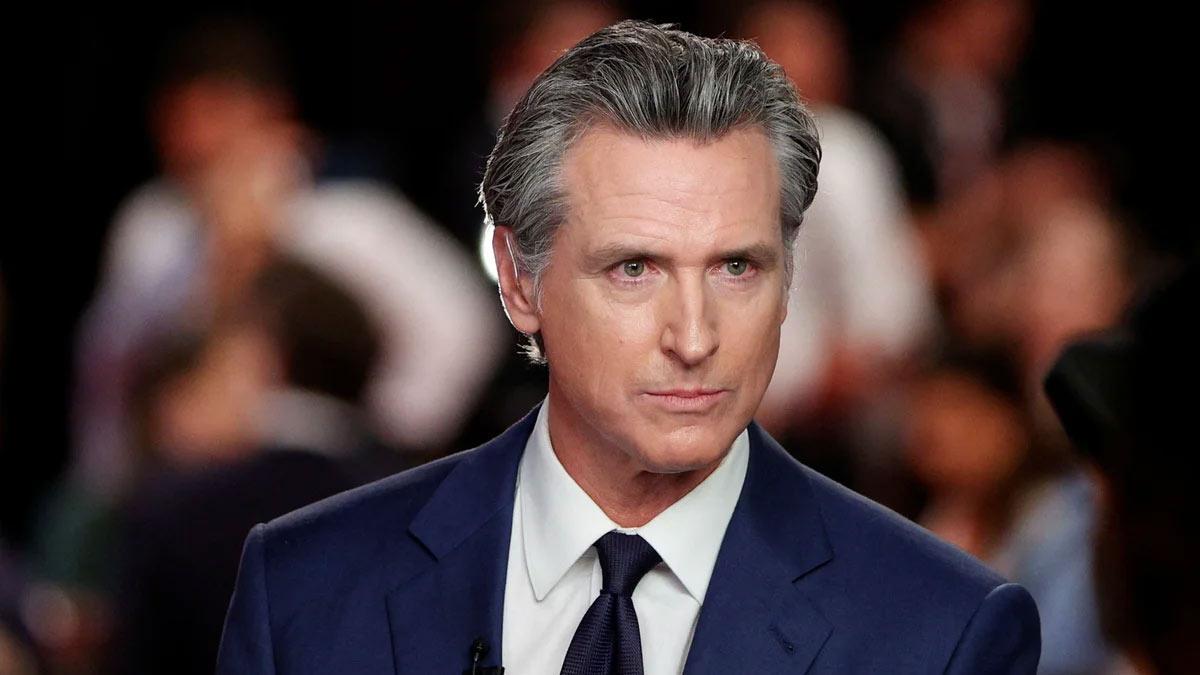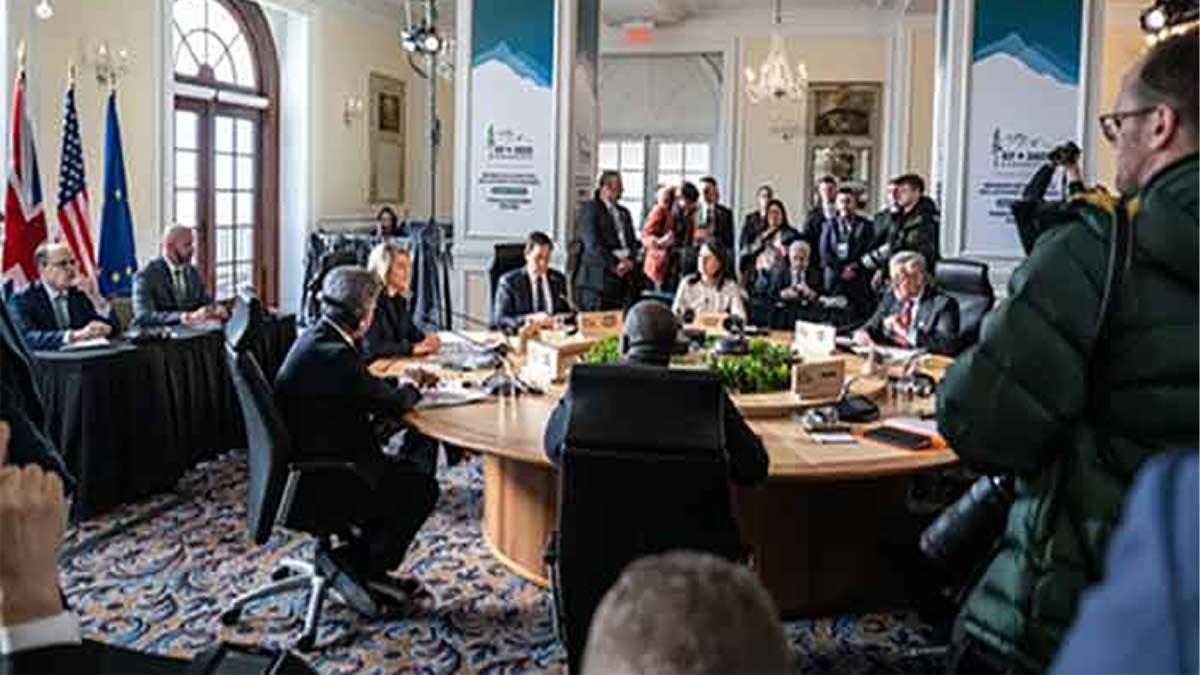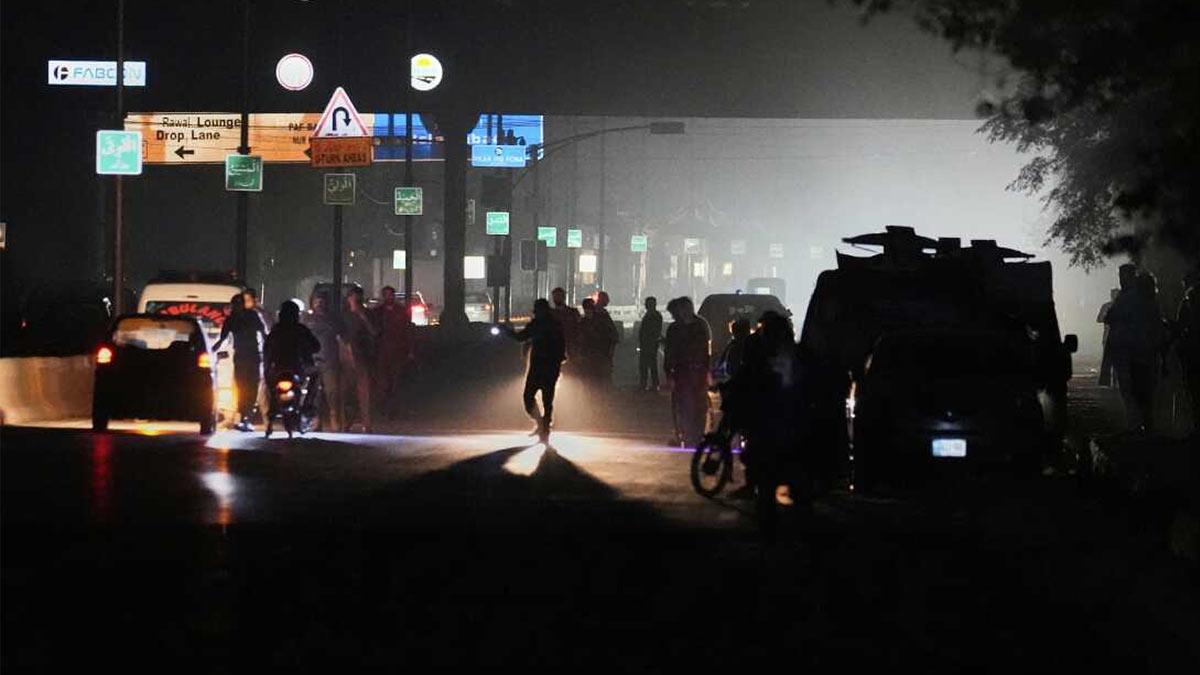Parliament was dissolved and Nobel laureate Mohammad Yunus was appointed to head a provisional government by Bangladesh President Mohammed Shahabuddin on Tuesday following the unexpected resignation and flight of Prime Minister Sheikh Hasina in the wake of protracted violent protests.
The decision of President Shahabuddin came after the meeting with military leaders and a 13-member delegation from the Anti-Discrimination Student Movement at the presidential palace, said President's Press Secretary Md. Joynal Abedin. The composition of the interim government would be finalized after further consultations with various political factions.
The Army took power on Monday and violence continued late into the night in many areas. The unrest has now cost 440 lives since mid-July. Widespread vandalism, attacks on women and the killing of at least two Hindu leaders of Hasina's Awami League party since she departed, community leaders in Dhaka said.
The Anti-Discrimination Student Movement, spearheading the nationwide protests, had previously claimed that Yunus, 84, was on board to lead a transitional government. Yunus, 84, is outside the country but has hailed Hasina's ouster as "second liberation" of Bangladesh. Yunus won the Nobel Peace Prize in 2006 for his poverty-alleviation work through Grameen Bank, a model emulated by many around the world.
Hasina arrived in a Bangladeshi military plane at Hindon airbase near Delhi on Monday and is expected to stay on in India under tight security for the immediate future.
The city was calm this morning in Dhaka with the army and police presence. Public transport and shops resumed, and even government vehicles were running about, but according to local media sources, the death toll from yesterday's violence climbed to 440.
The dissolution by President Shahabhabuddin ushers in fresh polls, barely months after the January polls which returned Hasina to power for a record fourth consecutive term, with an opposition boycott. A Bangabhaban spokesperson confirmed that the dissolution was carried out following an executive order after weeks of extensive consultation with military leaders, political party representatives, and civil society figures.
In a social media video early on Tuesday, the influential student leader Nahid Islam pledged support to Yunus for the interim role. Islam reiterated that no government, except for the one the students were proposing, would be allowed and openly criticized any prospective military-backed or fascist government.
According to the Daily Star, Yunus has agreed to head the interim government as its chief adviser. He acknowledged the sacrifices made by students and citizens and accepted the responsibility for helping the country.
Yunus had been at odds with the Hasina administration. Multiple investigations and charges had been filed against him since Hasina came to power in 2008. A few days ago, he was sentenced to six months in prison for violating labor laws.
In other news, Bangladesh Nationalist Party leader and former Prime Minister Khaleda Zia was released from house arrest. At the age of 79, there have long been serious health problems. Many detained since July 1 are being released and a lot have already been freed.
Fresh clashes between the supporters of Hasina and the protesters demanding her resignation continued with more deaths recently. All educational institutions opened on Tuesday but the attendance was very thin. Government offices also witnessed thin attendance. The officials were mostly seen fretting and afraid. Army personnel were deployed along with police in front of important installations including the Home Ministry office.
Read also | Biden Engages in Marathon Diplomacy to Avert Middle East Conflict
Read also | Sheikh Hasina Temporarily Resides in India Awaiting UK Asylum Decision

